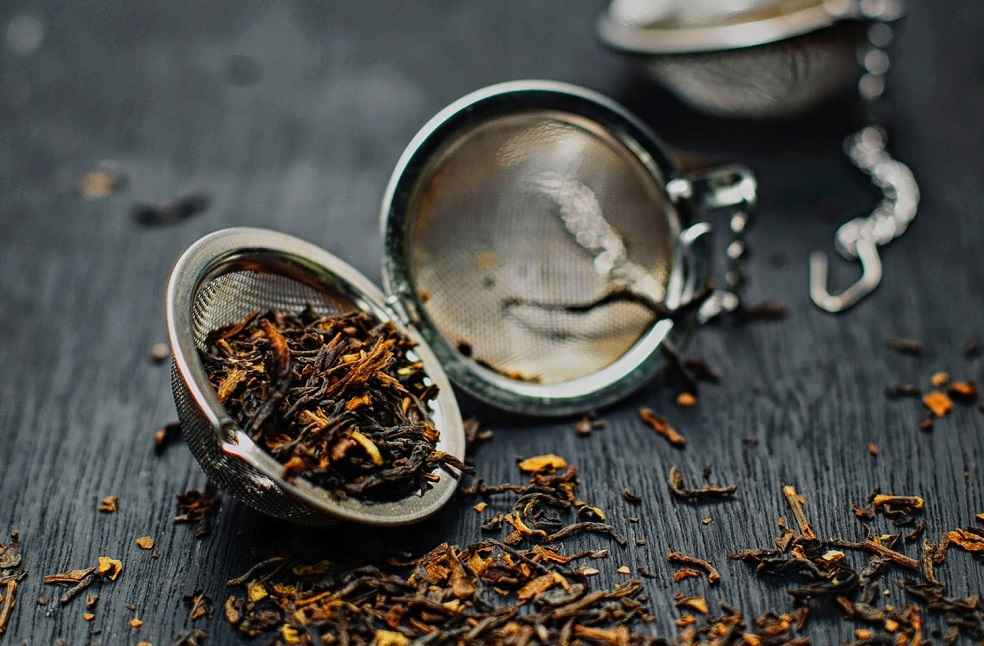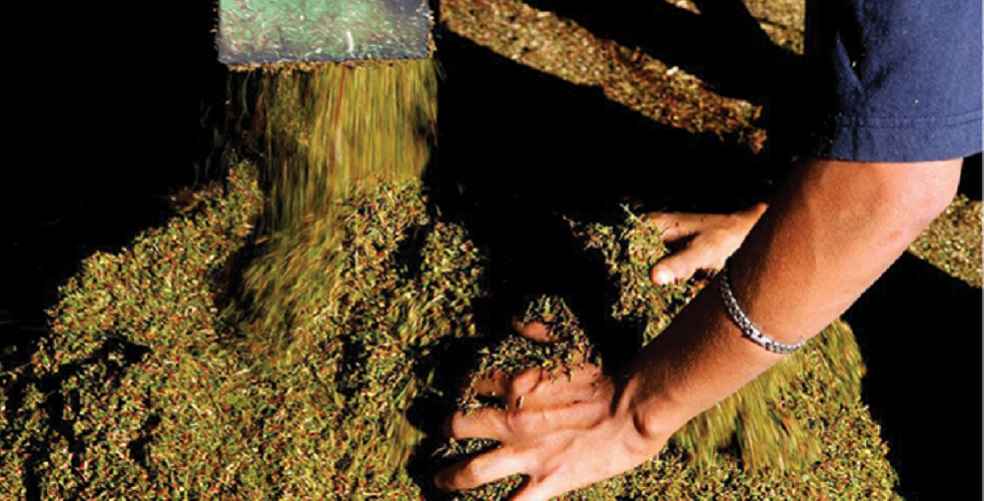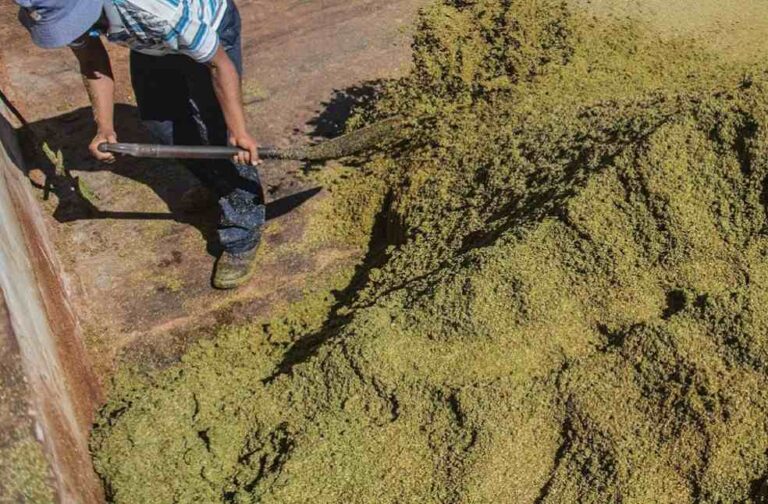Celebrating International Rooibos Day on January 16, 2024, South Africa welcomes a game-changing tariff reduction by China on its renowned herbal tea, rooibos. Agricultural economist Dr. Kobus Laubscher heralds this as a significant stride in global trade, reshaping the landscape of international tea commerce.
Dr. Laubscher underscores the strategic nature of this breakthrough. “This is an excellent example of bilateral inter-governmental negotiations based on a demand-pull supported by a supply push. It meant that the rooibos tea industry can compete in the market on a basis of product value and not sentiment,” he conveyed to Farmers’ Weekly.
“Europe remains the biggest off-taker of local rooibos, but it could be expected that the decision by the Chinese authorities to lower tariffs could also spill over to that continent. Increased exports would invariably also stimulate development on expansion on grassroots level,” he added.

The Department of Trade, Industry and Competition’s data corroborates this optimism. Previously, China, as the world’s predominant tea market, levied tariffs between 15% and 30% on rooibos. The revision to a mere 6% promises a substantial uptick in South African exports.
South African Trade Minister Ebrahim Patel catalyzed this shift. His dialogue with Chinese Minister of Commerce Wang Wentao during the 8th China-South Africa Joint Economic and Trade Commission in August 2023 was critical. Patel’s foresight and negotiation acumen are central to South Africa’s strategy to diversify and enhance its export profile, especially in the realm of agricultural value-added products.
The Rooibos Council of South Africa highlights the industry’s robust output, with an annual production of around 20,000 tons, sustaining over 5,000 jobs. With China as the seventh-largest importer among 45 countries, including Japan, the Netherlands, and Germany, this tariff adjustment is poised to amplify the global presence of this unique South African tea.

Rooted in the Cederberg mountains north of Cape Town, rooibos boasts a heritage tracing back to its first exports in 1904. Currently valued at approximately R600 million, the industry stands at a pivotal point. Patel envisions this tariff restructuring with China as a stepping stone towards a broader objective – to elevate South Africa’s export spectrum, with a focus on value-added agricultural and industrial products.
As the globe commemorates International Rooibos Day, this milestone represents not just a win for a beverage but a symbol of progressive international trade collaborations and economic advancement. South Africa’s deft negotiations with China mark a new era for rooibos, heralding its rise as not just a tea of choice but a beacon of global trade innovation and economic potential.
BUSINESS GENERAL | US-India Trade Boost: New Era in Tech Imports and Visa Policies



